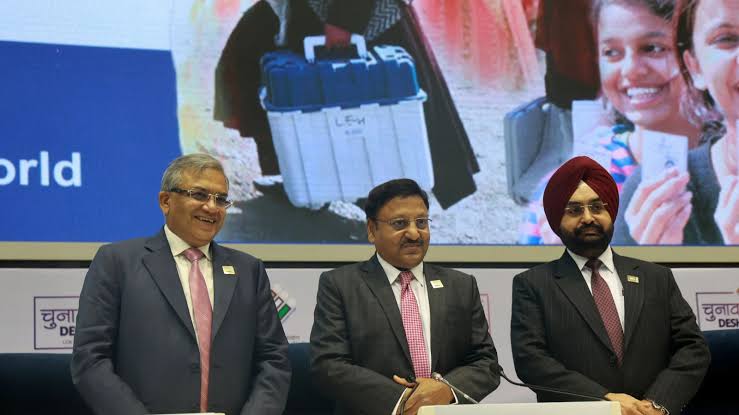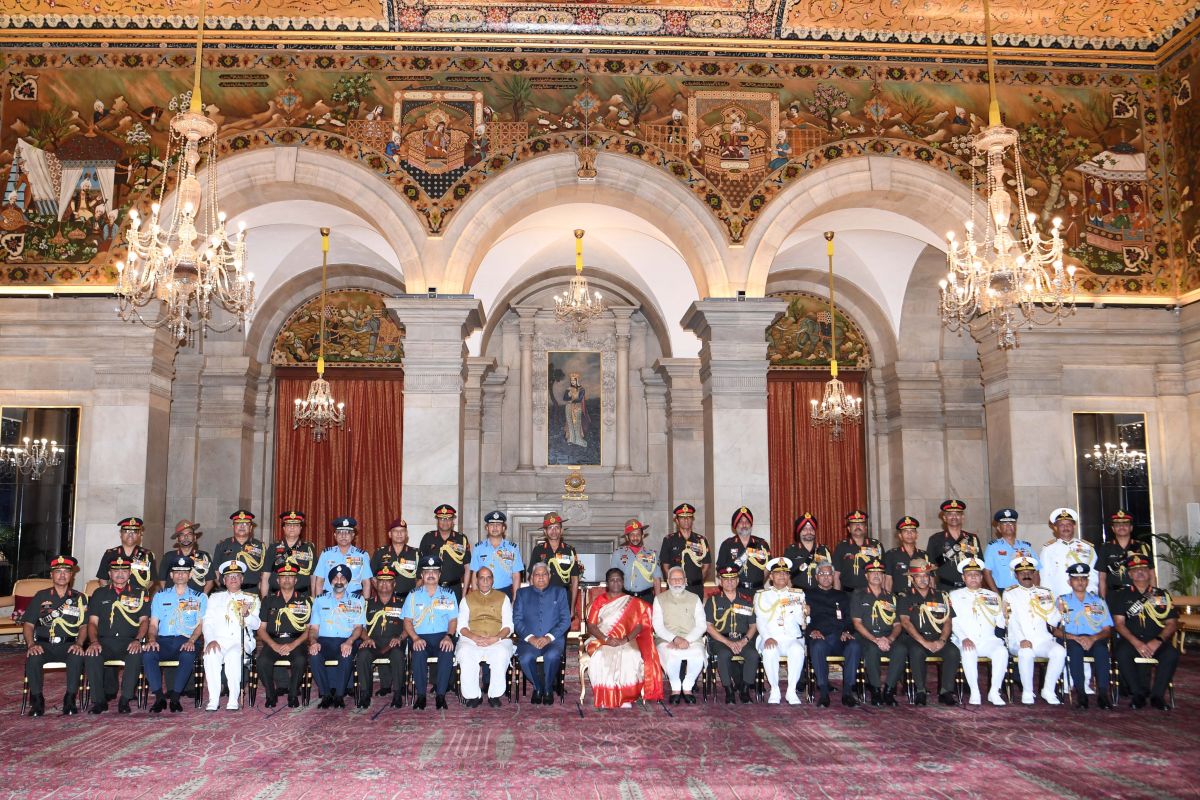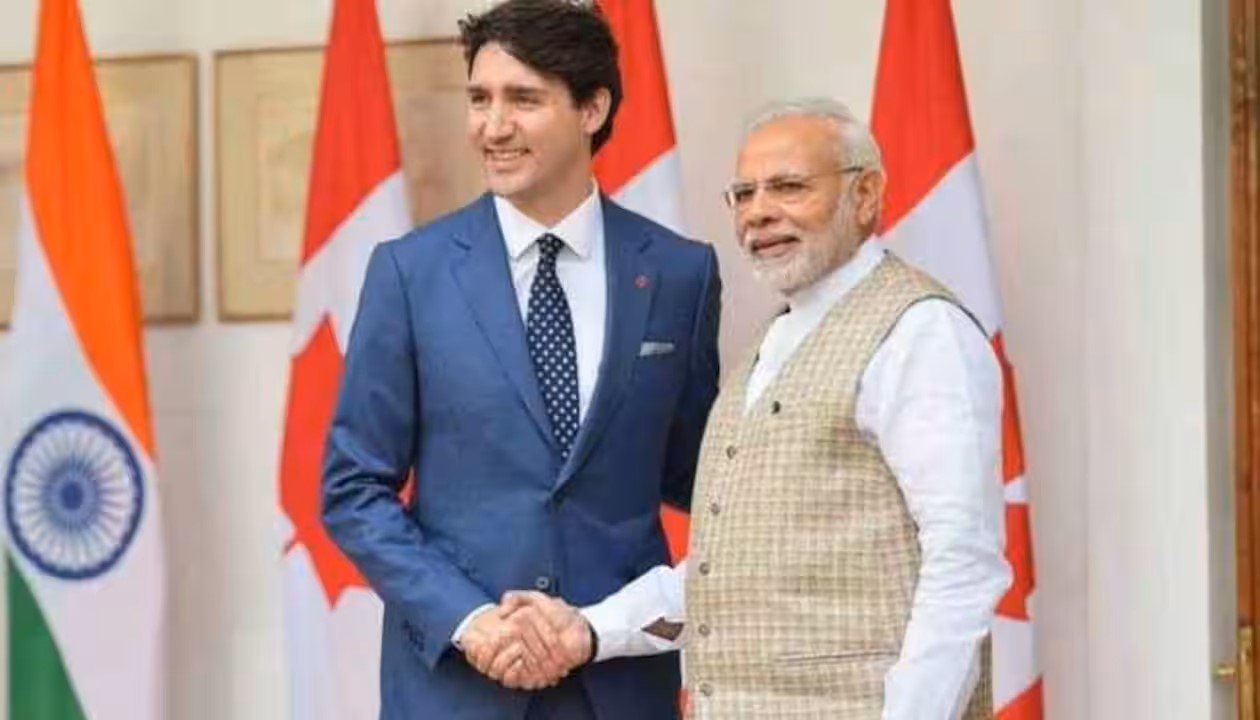For the first time in India’s history, a selection panel has been formed to appoint the Chief Election Commissioner (CEC), marking a significant shift in the way the nation’s top election official is chosen. On Monday evening, Prime Minister Narendra Modi, Home Minister Amit Shah, and Leader of Opposition Rahul Gandhi met to select the successor to Rajiv Kumar, who is set to retire on February 18. While the meeting lasted just 30 minutes, it was not without controversy, as Gandhi submitted a dissent note urging the government to delay the appointment until the Supreme Court rules on petitions challenging the new selection process.
 Previously, the appointment of the CEC was a straightforward process, with the President appointing a successor based on the Prime Minister’s advice. Traditionally, the senior-most Election Commissioner was elevated to the top post. However, the newly enacted Chief Election Commissioner And Other Election Commissioners (Appointment, Conditions of Service And Term of Office) Act, 2023 has introduced a structured process, requiring a selection committee to shortlist and finalize candidates. This law, passed in response to a Supreme Court directive, replaces the Chief Justice of India with a Cabinet Minister nominated by the Prime Minister, effectively giving the ruling government more influence over the final decision.
Previously, the appointment of the CEC was a straightforward process, with the President appointing a successor based on the Prime Minister’s advice. Traditionally, the senior-most Election Commissioner was elevated to the top post. However, the newly enacted Chief Election Commissioner And Other Election Commissioners (Appointment, Conditions of Service And Term of Office) Act, 2023 has introduced a structured process, requiring a selection committee to shortlist and finalize candidates. This law, passed in response to a Supreme Court directive, replaces the Chief Justice of India with a Cabinet Minister nominated by the Prime Minister, effectively giving the ruling government more influence over the final decision.
Under this new law, a search committee led by the Law Minister first shortlists five candidates, which are then presented to the selection committee. The selection panel, consisting of the Prime Minister, the Leader of Opposition, and a Cabinet Minister, can either choose from the shortlisted names or consider additional candidates. This process was used in March 2024 to appoint Election Commissioners Gyanesh Kumar and Sukhbir Singh Sandhu. Sources indicate that the same process was followed in Monday’s meeting, with five names being placed before the panel.
Rahul Gandhi’s opposition to the process stems from concerns over its legality. The Supreme Court, in a 2023 ruling, had initially recommended a more independent selection process, including the Chief Justice of India in the decision-making panel. However, the new law enacted by Parliament replaced the CJI’s role, raising concerns about executive dominance. The Association for Democratic Reforms has already challenged this change in court, arguing that it undermines the independence of the Election Commission. The Supreme Court has scheduled a hearing on this matter for February 19, just a day after Rajiv Kumar’s retirement.
Despite these objections, the government appears set to move forward with the appointment. The final decision made by the selection committee will be sent to the President, who is expected to issue a formal appointment notification soon. While the new process does not prevent senior Election Commissioner Gyanesh Kumar from being selected, it also allows the government to bring in an entirely new candidate if desired.
Beyond the selection process, the CEC Act, 2023 also formalizes eligibility criteria, requiring candidates to have held the rank of Secretary to the Government of India and to possess experience in election management. It also limits reappointment opportunities, ensuring that an Election Commissioner can serve for no more than six years in total.
This shift in the appointment process has sparked debate over the balance of power in India’s democratic institutions. Supporters argue that a clear legal framework brings transparency, while critics worry that greater executive control could erode the Election Commission’s independence. With the Supreme Court set to hear challenges to the new law, the coming days could determine not just who will lead the Election Commission, but also how future appointments will be made in one of the world’s largest democracies.



